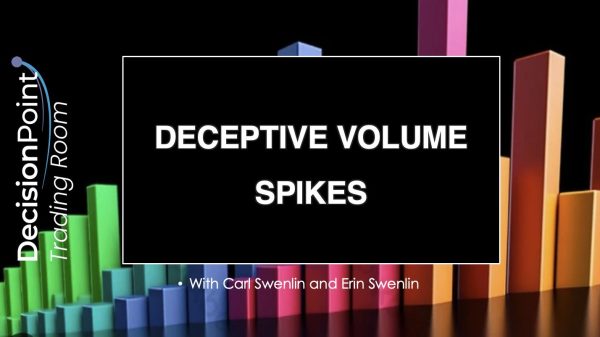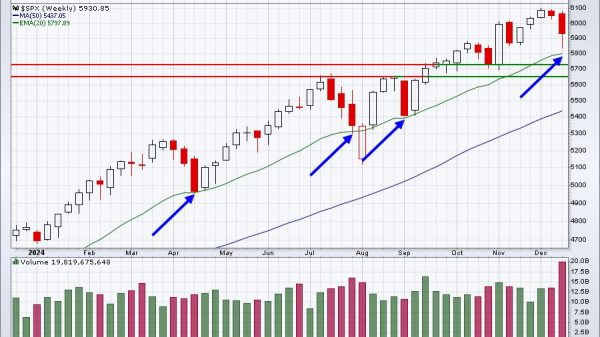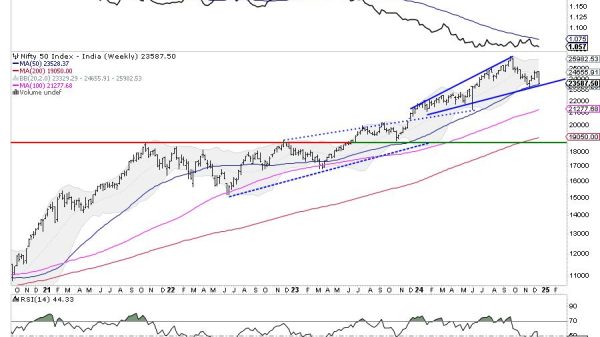Gabriella Beaumont-Smith
The COVID-19 pandemic changed the world, shifting even peoples’ eating habits. Numerous surveys reveal that Americans are snacking more, providing new opportunities for food and beverage companies. In fact, according to Axios, American food manufacturers are pushing out all sorts of new flavor combinations, sizes, packaging, and shapes of snacks. In particular, fun‐size snacks and “mashups” of flavors are trending, including, bite‐sized Twinkies and Ding Dongs, Cocoa Puffs popcorn, and Dr Pepper cotton candy. And these aren’t just aimed at kids, executives at numerous food companies say all consumers value these new varieties.
While sweet treats are integral to many celebrations—Halloween, Valentine’s Day, Easter, Christmas, birthdays, etc.—they now serve as a simple joy in life. According to the National Confectioners Association, consumers see chocolate and candy as “a fun part of life.” And since inflation has persisted, reducing how far peoples’ paychecks go, consumers are looking for affordable treats, and candy and chocolate provide the perfect fix.
Yet, the U.S. sugar program purposefully makes sugar more expensive. Basically, the U.S. government restricts the supply of sugar to keep the price of U.S. sugar high. The government does this in a few ways but primarily by buying U.S. sugar to keep it off the consumer market and by imposing strict tariff‐rate quotas where very low quantities can be imported duty‐free. Any excess is subject to a tax reaching almost a hundred percent. As a result, the U.S. sugar price is about double the world price of sugar, as shown in the chart.
This program inflicts high costs on the food manufacturers pumping out these cool new snacks, and ultimately on consumers who end up paying more for snacks. The U.S. sugar program is estimated to cost consumers up to $4 billion a year and induce job losses up to 20,000 in food processing and confectionary industries.
So, next time you’re enjoying some Cinnamon Toast Crunch popcorn, or a bite‐size Butterfinger, remember that the U.S. sugar program unnecessarily makes them more expensive.























